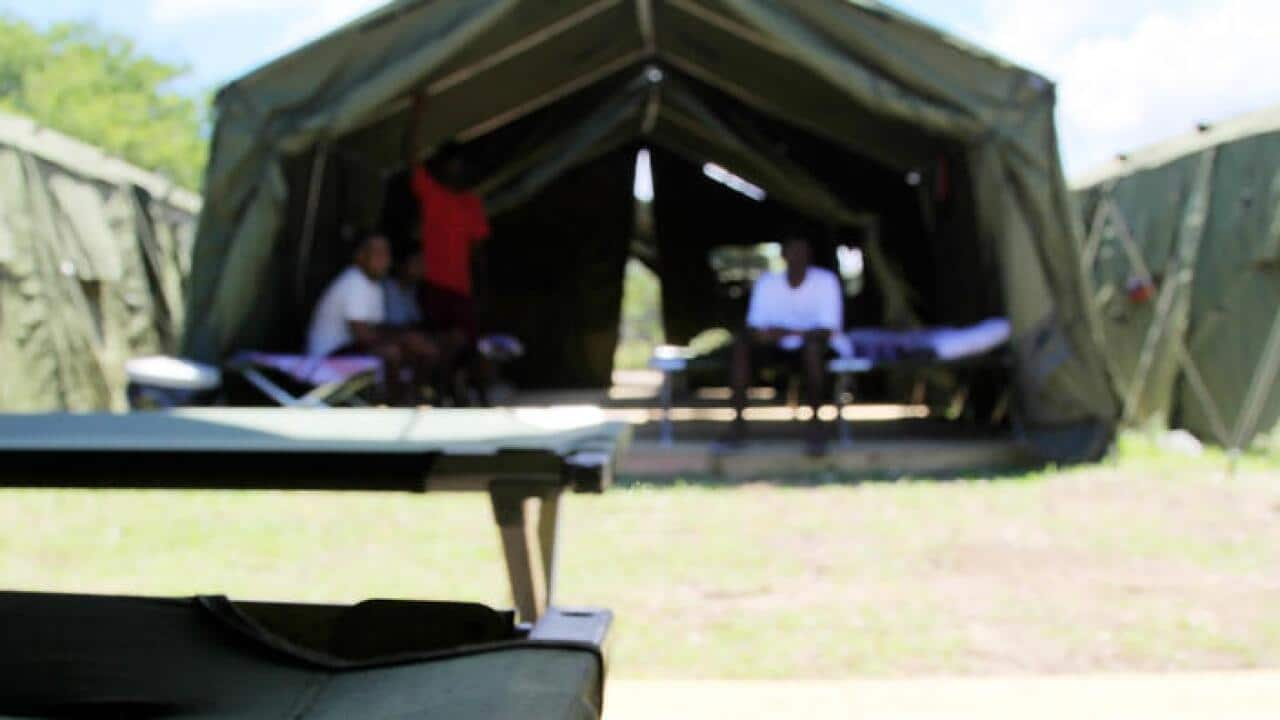The Department of Family and Community Services secretary, Michael Coutts-Trotter, told SBS, 49 per cent of cases received to their helpline in the past two years were "not of sufficient concern" to warrant a child protection response.
The Royal Commission into Institutional Responses to Child Sexual Abuse concluded its public hearings on Wednesday.
The final day of hearings highlighted the issue of mandatory reporting and how child abuse helplines are being inundated with "less serious" cases.
Mr Coutts-Trotter said cases of physical abuse, consisent and severe neglect and domestic violence are the types of cases that fall under NSW's threshold that a child is facing significant harm.
He said FACS NSW often receives calls that are not categorised as being at-risk, such as cases of truancy and public disturbances.
"People are reporting every case to us because they fear not reporting a serious case," Mr Coutts-Trotter told SBS. "While this is a valid concern, we need to educate reporters on the other options as these helplines can only deal with cases that require statutory child protcection repsonse."
'Valuable information could be lost'
Child Wise is a national child abuse helpline funded by the Royal Commission that provides support across Australia.
Helpline coordinator, Rachel Averbukh, said since the Royal Commission into Institutional Child Abuse began there has been an "obvious awareness in child abuse", but also a "lack of knowledge" regarding what avenues to approach.
Fifty-five per cent of calls to Child Wise are enquiries regarding extra information and referrals.
While Ms Averbukh agreed the sector is under-resourced and in need of extra funding, she said emphasising a threshold of significant harm is risky.
"We don't want valuable information to be lost and this can be the case if people don't have the knowledge to know what the threshold is."
How to unclog the system
Mr Coutts-Trotter said people need to be better informed about all their reporting options.
He said police officers, parents and teachers are "major sources" of reports and that the department is currently working with these people and their employers to ensure they have a good understanding of what constitues a risk of significant harm as opposed to a concern about a child's welfare.
"We need to ensure that people who have visibility of children, like teachers, are alert to and understand the signs of abuse and neglect so they report about it appropriately. Equally they need to be able to identify when a concern isn't significant enough to refer to us," Mr Coutts-Trotter told SBS.
He said it's important reporters are aware of alternative organastions they can phone, such as healthcare servces, domestic violence services and community organisations because nearly 50 per cent of cases received don't meet the threshold.
Ms Averbukh said Child Wise is an example of such an organisation, because they service the whole of Autralia and don't discriminate upon any calls.




